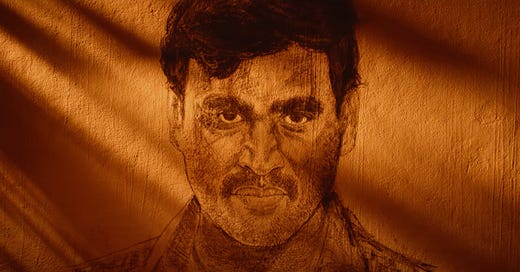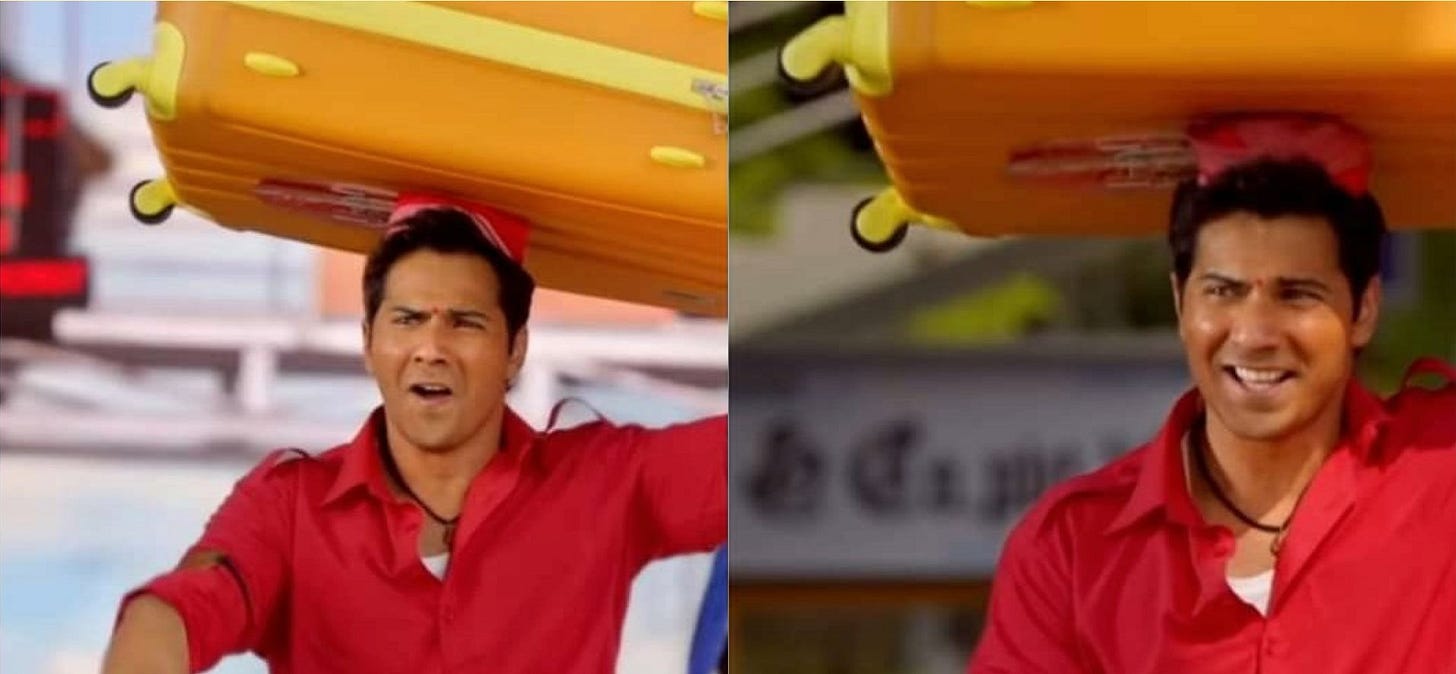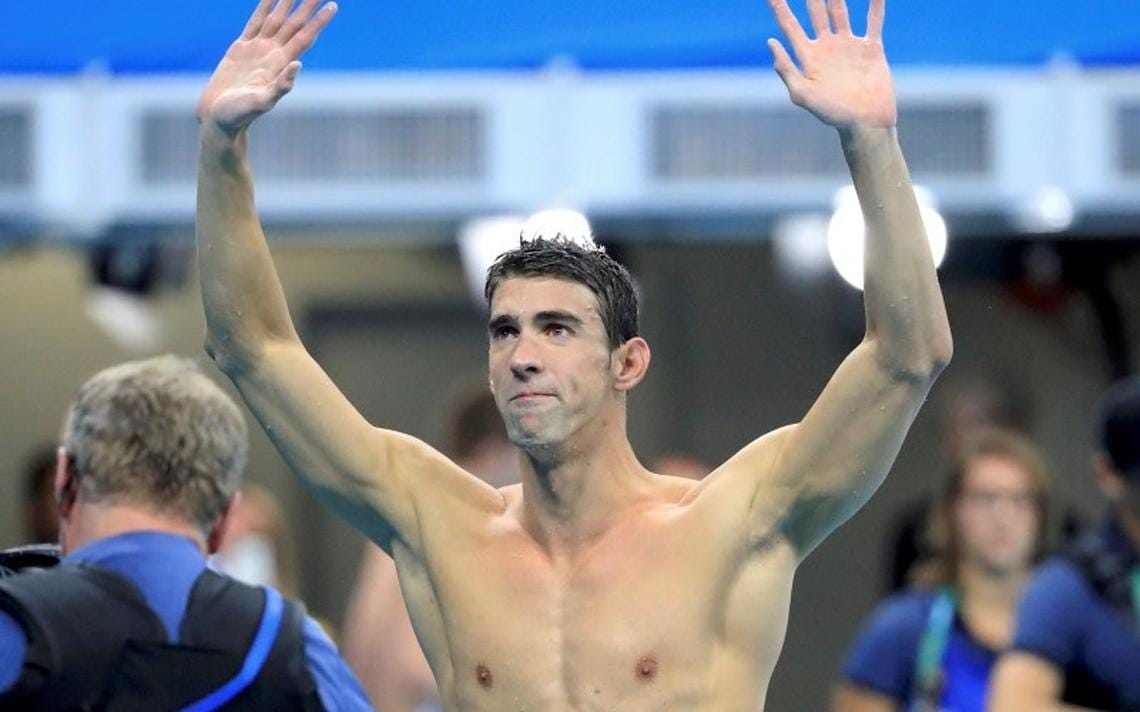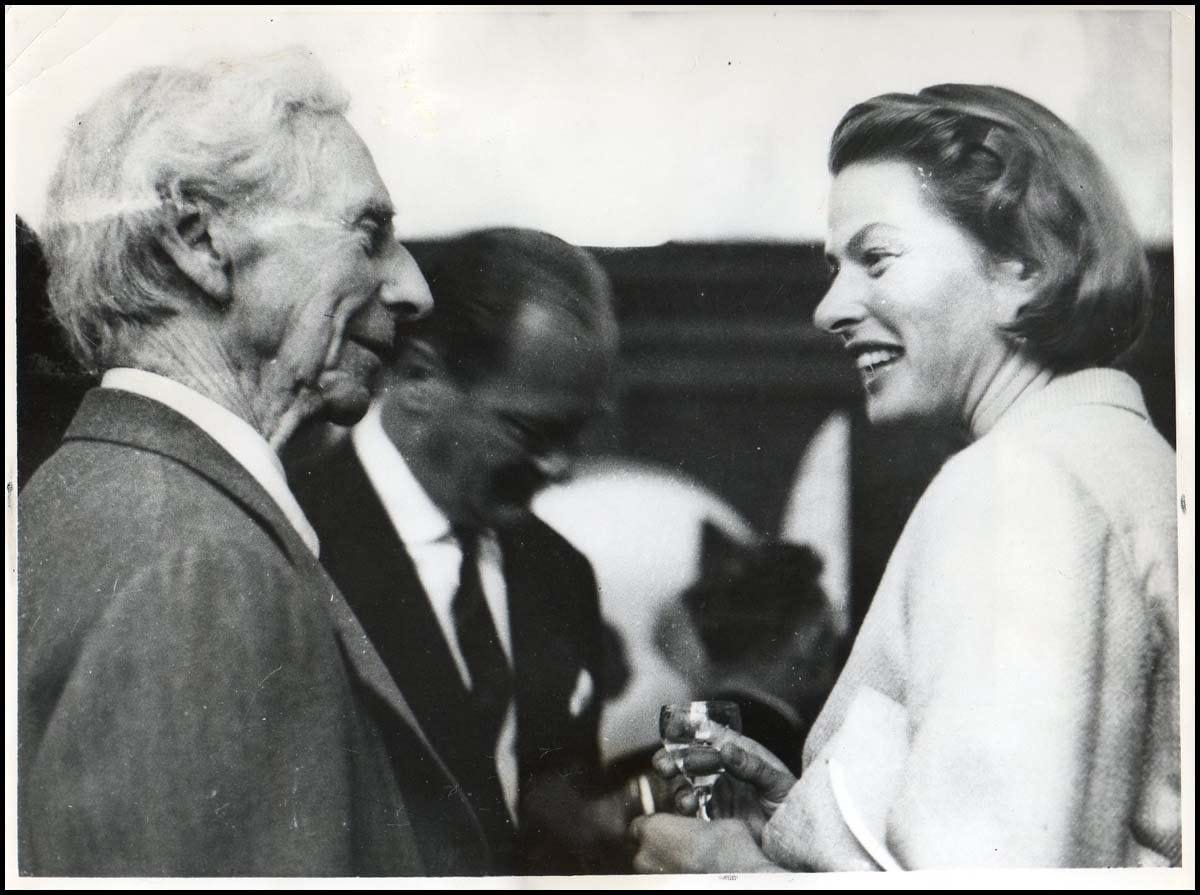Link to the first dump.
Link to the second dump.
15/05/2021
Karnan (2021)
Terry Pratchett, that old bearded sack, a venerable craftsman of fantasy worlds, dropped truth bombs like no other. In his "Men At Arms", he neatly describes what is meant to be poor taking into consideration the choicest vehicle of mobility:
"A man who could afford fifty dollars had a pair of boots that’d still be keeping his feet dry in ten years’ time, while the poor man who could only afford cheap boots (say worth ten dollars) would have spent a hundred dollars on boots in the same time and would still have wet feet.”
Take, for instance, the vaccination programme for Covid-19. The Billionaire lobby has ensured that rich countries get hold of the vaccines first, preying on the research funded by public money. So, in a way, their poor brethren will endure the waves for a longer period of time. As a result of this arrangement, the first world bounces back faster thanks to its monetary soft power and continues to gallop ahead, while the countries of the Paatal Lok are still recuperating. A small microcosm of this is these billionaires themselves. A global pandemic is a litmus test of inequality.
In the tiny hamlet of Podiyankulam, a girl passes away bang in the middle of the street. The buses on either route do not care to stop. The drone shots are panned out from a hawk-eye view. One such avian will soon swoop down to prey on a chick. This is a regular affair. This is how the Savarna class have viewed our Dalits across centuries. The eagle-eyed authoritarian, perched up high in the sky, occasionally breaks the prevalent social distancing to grab a newly hatched member, clipping its wings and showing the flock their rightful place.
Naturally, this Hegelian dialectic has over the years, seeped into Indian cinema. This master-slave motif has flip-flopped all arenas of filmmaking, be it Mani Ratnam’s Thalapathi or Satyajit Ray’s Sadgati. Even Amitabh Bachchan’s halcyon days saw him triumph up the socio-economic hierarchy, often with appropriate collateral damage, as if a loud disclaimer. The occasional undercurrent of caste has never been made that apparent and has remained conspicuous by its absence.
In the relay race that is cinema, Mari Selvaraj picks up the baton where Mani Ratnam or Satyajit Ray stopped. Three years back, when he arrived at the scene with Pariyerum Perumal, he could feel the baggage of a successful directorial debut. For his second, he plucks a grain from the Akshaya Patra of socio-political content, the Mahabharata.
The hero, Karna, is the physical manifestation of the headless deities that dot the small village. Like his mythological namesake, he holds on to his kavacha-kundalas, in this case, a prized sword which he wins early on. He has learnt from the epic not to lose it. He is aware of manipulators. The other jewel that protects him is Yeman (played on screen by the superlative Lal). Burnt by years of oppression, he is the voice of reason that catapults Karna to unforeseen heights. Where the deities themselves lack identity, Karna’s anger compound with every passing instance. Kaagaz nahi dikhayenge? The need won’t arise if the police burn them.
Two impediments in an otherwise fine statement include firstly, the length and secondly, the scenes of romance. Both were supremely dealt with in Pariyerum Perumal. While at it, the ghost of the former does lurk around in Karnan. There’s even a character called Perumal, invoked once in the film. Will he grow up to be the BA BL? Do the daily struggles in his childhood transform him into a meek law student? Add to that the cameos by the myriad animals that make up any village scene in India. Not to mention the white stray. Does the colour change to Karuppi’s? These are stretches the occasional cine-goer makes in his mind, just like the first half of the film. The only takeaway from the romantic angle is Draupadi gets her Karna here, unlike in the original Mahabharata and this reflects enough material to chew on.
To give a tl;dr version, Karnan is quite the tour de force. Selvaraj has got this Herculean talent of mingling the energy of Lijo Jose Pellissery’s films with the silent brewing of Vetrimaaran’s. The film revels in its prescience. It does well to question our conscience.
With the pandemic still on, it’s imperative to mask up, like the goddess the young girl turns into.
06/01/2021
On New Year's Day 1914, the world's first scheduled passenger airline service took off, connecting St Petersburg to Tampa, Florida. Albeit a short, four-month affair, it kickstarted an important chapter in human endeavour.
Innovation was at a historic high in the first six-seven decades of the bygone century. We learnt to fly only at the turn of the century and landed on the moon by the next sixty-six years.
Yet, it took us roughly the same time to add the humble wheels, perhaps the greatest example of human technological ingenuity other than fire, to our luggage. It was not until 1970, a year after the moon landing, that one Bernard Sadow lugged two heavy suitcases through an airport while returning from a family vacation in Aruba and it occurred to him why can't we add wheels to our suitcases? He received a patent for his innovation in 1972. 15 years later, Robert Plath, himself a pilot, came up with the modern rollaboard.
2020 has not been a kind year for aviation. For the first time ever, it came to a standstill globally. However, the worst casualty happened to the travel baggage, as someone took it over his head and reverse geared the entire humanity back to the previous century!
10/11/2020
Mr R.M Sen passed away earlier today. For the uninitiated, he was the father of Argus Open. I specifically dropped that f-word as he always referred to Argus as his daughter.
Now, I did not know him well enough for a write-up. Usually, when someone like him who has been around in a circle for many decades, passes on, obits throng like red crabs. But this general anonymity assures a cloak of neutrality and gives a small window to observe beyond the jugular.
Argus has been a mainstay in the city's quizzing calendar for more than forty years now. When it was first held, my age was -18. In the pre-internet era, access to knowledge was a status symbol in its own way. The Internet has democratized information to such an extent that we will never be able to gauge the Herculean effort content creators would put into fact-checking their set.
After a certain point, Mr Sen passed the mantle to the team which would win each edition. This way, no quizmaster could host it for two consecutive years. The same goes for any quizzer. Statistically, this has a higher chance of spawning multiple combinations of winners and question setters, eventually making the scene healthier.
Of the many such combinations that resulted hence, I managed to sneak into one of the winning teams. Piggybacking on my superlative partners, I got a chance to present a few questions the next year along with them, and in all probability, if you excuse a bit of humblebrag, became the youngest in the process.
Like her mythological namesake, Argus opened many eyes. He left us around the time it was usually held. By having his last bow in what would have been the 42nd year of the quiz, I think he knew the answer all along.
R.I.P Mr Sen.
30/06/2020
In fin de siècle Sydney, a 15-year-old makes a splash eyeing an Olympic Gold. He does not find himself on the podium. After his event, a tear or two, an imminent fear of failure, and that overarching feeling of not making it big, mix with the water from the pool to create a numbing sensation in the teenager.
Fourteen years later, he is found guilty of reckless driving, his red eyes and slurry speech making for a strong case. Turns out, the most successful athlete since antiquity has lost self-love. He was ready to hang up his boots in 2012 itself, with 18 Golds in his kitty, more than the total count of some countries since 1896.
Between these years, newspapers around the world would carry umpteen interviews, throwing a variety of questions that ranged from his feeling about being at the top of the world to his dietary choices, highlighting how he had 35 egg whites for breakfast. Nobody cared about his mental health. For a defining figure, an inspiration across generations, that is not an area worth diving into.
He checks into rehab for a month and a half, returns to the pool, makes it into the US contingent for Rio 2016 and adds five more. As easy as a Sunday morning.
Michael Phelps. 35 today.
03/06/2020
Dil Se is not Mani Ratnam's best, despite having an ensemble crew. It's a brave film nonetheless, a tour de force which had Santosh Sivan behind the lens, the venerated Gulzar saab penning the songs, and of course, A.R Rahman's finest hour.
The titular song follows sequences which are quite opposite to the rest of the film. In the very beginning, we already get to know that the heroine belongs to a region of conflict. Her search for love, that purest of feelings, is communicated through the colourful choice of costumes, that stand in aberration to the setting. The love story reaches its culmination in the final moments of the song. Everything is picture perfect, only because this is a dream. The reality, as we know, turns out quite differently.
If there is one shot that justifies the viewer's reason for watching a film purely for that perennial quest for moments, this is the one. The unadulterated joy of one's love finally reaching its culmination and how that specific feeling subsides even the harshest of emotions is a cosmological constant, traversing time, history, and civilizations. Also how Monisha Koirala pulls this one off, a character clouded in mysteries, exhibiting extremes, yet maintaining that unabashed innocence throughout.
Mani Ratnam turned 64 yesterday, like a chessboard.
18/05/2020
Bertrand Russell was born when Queen Victoria was at the prime of her reign and passed away when the threats of nuclear weapons loomed large on the scientific community.
His Principia Mathematica (named for the work of the same name by Isaac Newton), co-written with Alfred Whitehead remains one of the most influential books on the subject and is also the least read. It was published in three volumes in 1910, '12 and '13 and ran more than 2000 pages, down from an initial 6000. The two collaborators thought that the book would take hardly a year to complete. It took ten.
The Syndics at Cambridge University Press said that the book would lose money – around £600. The press agreed to meet 50 per cent of the loss. The other half was supposed to be put up by The Royal Society who agreed to £200, and so Russell and Whitehead provided the rest. Bertrand Russell famously quipped, "We thus earned minus £50 each by ten years’ work...This beats Paradise Lost."
Today is the 148th birth anniversary of one of the finest philosophers to have walked on the Earth. He fell short of a century by a couple of years. In between, he rubbed shoulders with the best minds of his generation, saw the Russian Revolution change the geopolitics of Europe, witnessed the two world wars, was a vocal opponent of Stalinist Totalitarianism, wrote a manifesto with Albert Einstein, criticised America's involvement in Vietnam and won the Nobel Prize in Literature.
Quite a man!
Image: With Ingrid Bergman, 1958.







